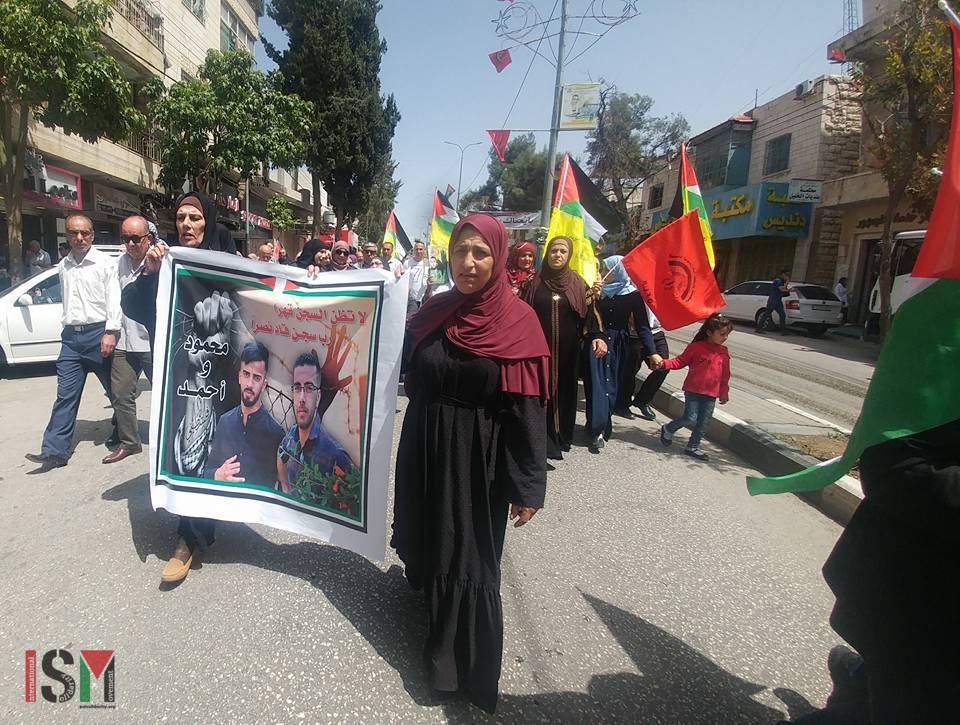Tag: Administrative Detention
-
Call for Action: Save Mohammed al-Qiq
18th February 2016 | International Solidarity Movement| occupied Palestine 33-year-old journalist, Mohammed al-Qiq, is on hunger strike since November 25 2015, in protest against his imprisonment without charges or trial in Administrative Detention by Israel. Al-Qiq’s health has deteriorated to the point of facing imminent death. His wife Journalist Fayha Shalash is calling on journalists…
-
Last tribute for a martyred in Bethlehem : “Motaz was happy when he was facing to the sea, it gave him a sense of freedom, lightless that he hadn’t before.”
3rd of December 2015 | International Solidarity Movement, al-Khalil team | Hebron, occupied Palestine On Wednesday 2nd December, in Dheisheh refugee camp, Bethlehem, a mass tribute for 28-year-old Motaz Ibrahim Zawara, took place. Motaz was killed by Israeli forces the previous day when he was shot with live ammunition in his chest during a demonstration at…



